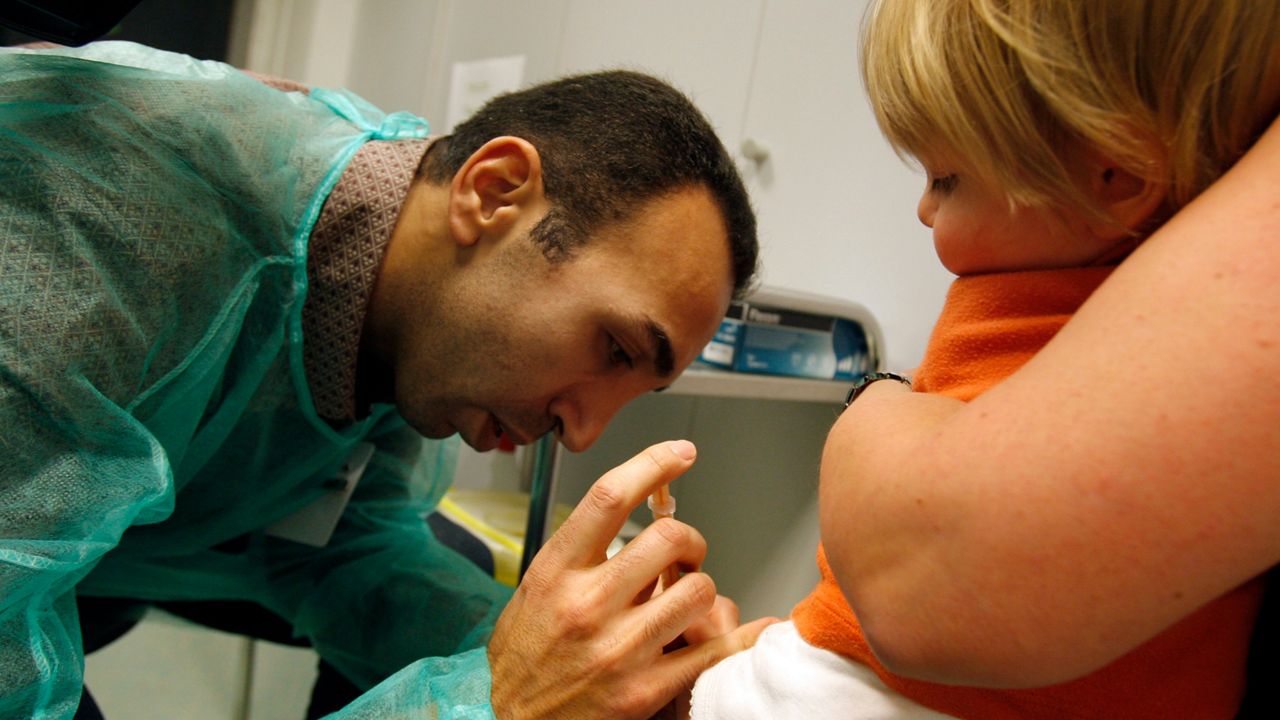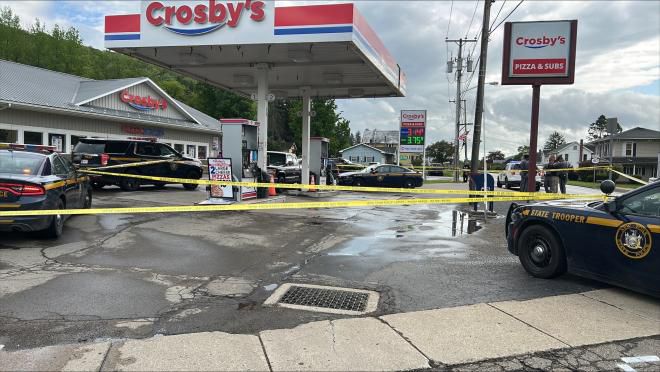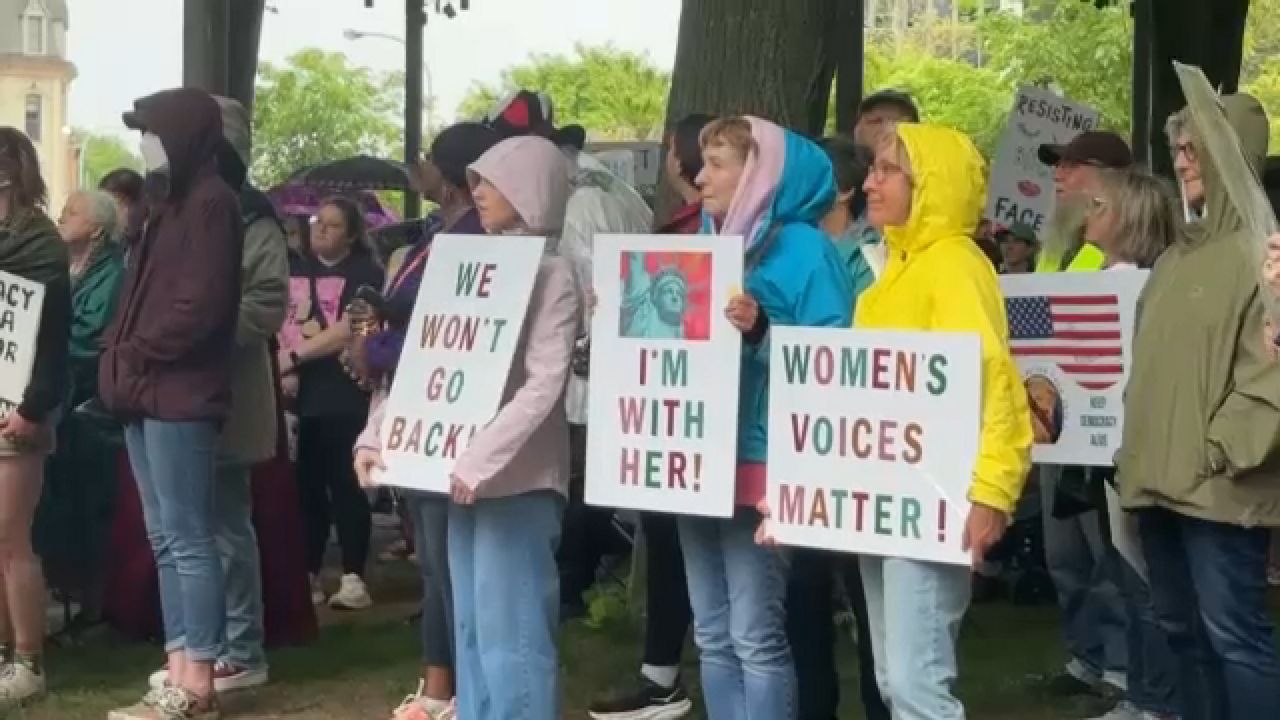BUFFALO, N.Y. — The Drug Enforcement Administration's newest initiative, "Operation Overdrive," kicked off on Feb. 1. As part of the program, the DEA used statistics and analytics to designate hotspots in local communities that are seeing high instances of drug violence and overdose deaths.
"Right now we're in the process of identifying organizations that are operating within those areas and we will target those organizations in order to decrease the criminal activity that's going on the communities," Michael Cereo, Buffalo District Office of the Drug Enforcement Administration assistant special agent in charge, said.
Cereo says the DEA's mission is about saving lives and making those communities safer. He says drug trafficking goes hand in hand with gun violence and violent crime.
"In these areas where violent crime is taking over the communities, we can take some drug trafficking organizations out of those communities,” Cereo said. “Hopefully we can alleviate some of that crime that's going on.”
He says they're seeing a trend of drug trafficking organizations across the country mixing heroin, cocaine and methamphetamines with fentanyl.
"Fentanyl is the drug that's out there that's killing people,” Cereo said “And what we're also seeing too now is the fake counterfeit prescription pills. They're trafficking oxycodone but it's actually fentanyl, and people are taking these drugs and they're dying.”
Some of those drug trends are starting to show up in our local communities. Cereo says over the last couple of years in Buffalo, there have been several hundred non-fatal overdoses every month, and about 200-300 overdose deaths per year, and fentanyl has contributed to those numbers. The DEA Buffalo task force is composed of 20 different state, local and tribal agencies.
"We're all here to work together in order to make our community safer," Cereo said.
The public can help to identify the criminal organizations in their communities.
DEA officials say you can submit anonymous tips to their task force by visiting dea.gov, or contact your local police.










